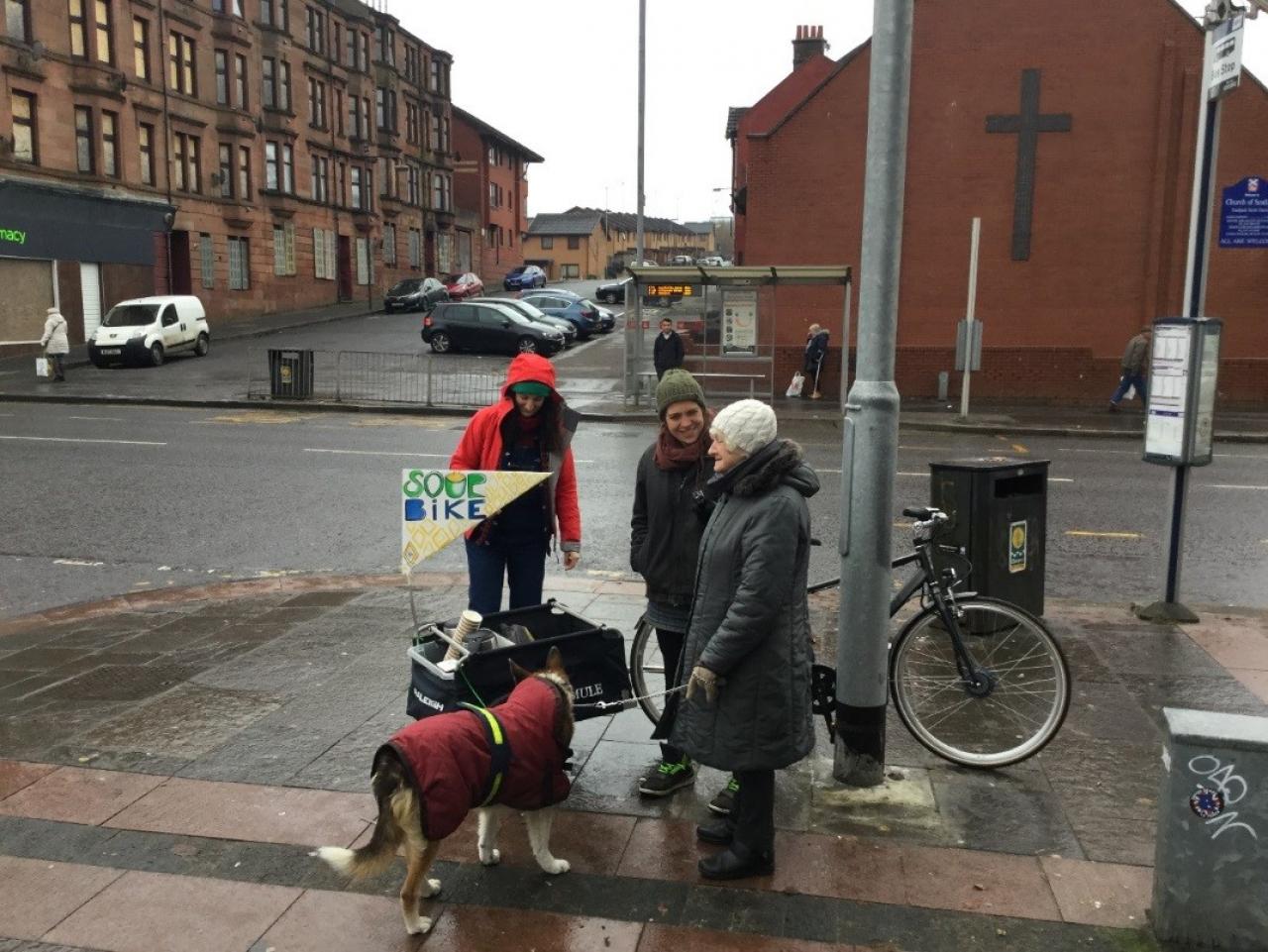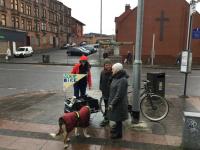
In Glasgow, the neighbourhoods around the Possilpark area are some of the city’s most deprived. The stresses experienced by these communities are disproportionate when compared to the rest of the city, and are consequences of decades of de-industrialisation that have resulted in poor health, low life expectancy, high levels of unemployment, and vast areas of contaminated derelict land.
In our early engagement for Urbact RESILEINT EUROPE programme, we asked how we could build greater resilience in Possilpark. Overwhelmingly, we were told that food systems are broken and must be strengthened in order to improve the health and wealth outcomes of local communities. With more families being forced to rely on food banks and our global food systems already compromised by the effects of climate change, there has never been a greater need to invest in creating more resilient, longer-term and life-enriching solutions to local food insecurity.
And while resilience can be an abstract topic, using the topic of food to explore how our cities can become stronger and future-ready is massively effective. Why? Because food is something that everyone has an interest in. It tells the stories of culture and heritage, capturing the memories and hopes of our communities. Food provides a lens that helps us to understand the complex interactions between people, place and economy. And with over 30 local community-based groups working across topics of food within out urban lab district, the capacity to drive forward long-term change is immense.
From handing out free cups of soup that has been made by the community from locally grown produce, to film screenings that tell the stories of global food insecurity, URBACT experiments are helping us to really challenge the systemic barriers that have traditionally undermined civic participation and trust. Above all, they have provided a space for communities to express themselves and for institutions to truly listen. As we prepare for our final RESILIENT EUROPE experiment, a pop-up food hub, we are seeking to create an inclusive and empowering environment that connects communities and stimulates innovative, fun new ideas to local and global resilience challenges.
Written by Frankie Barrett, City of Glasgow

